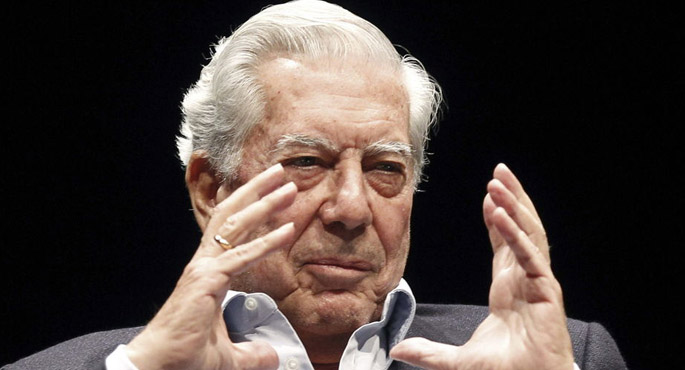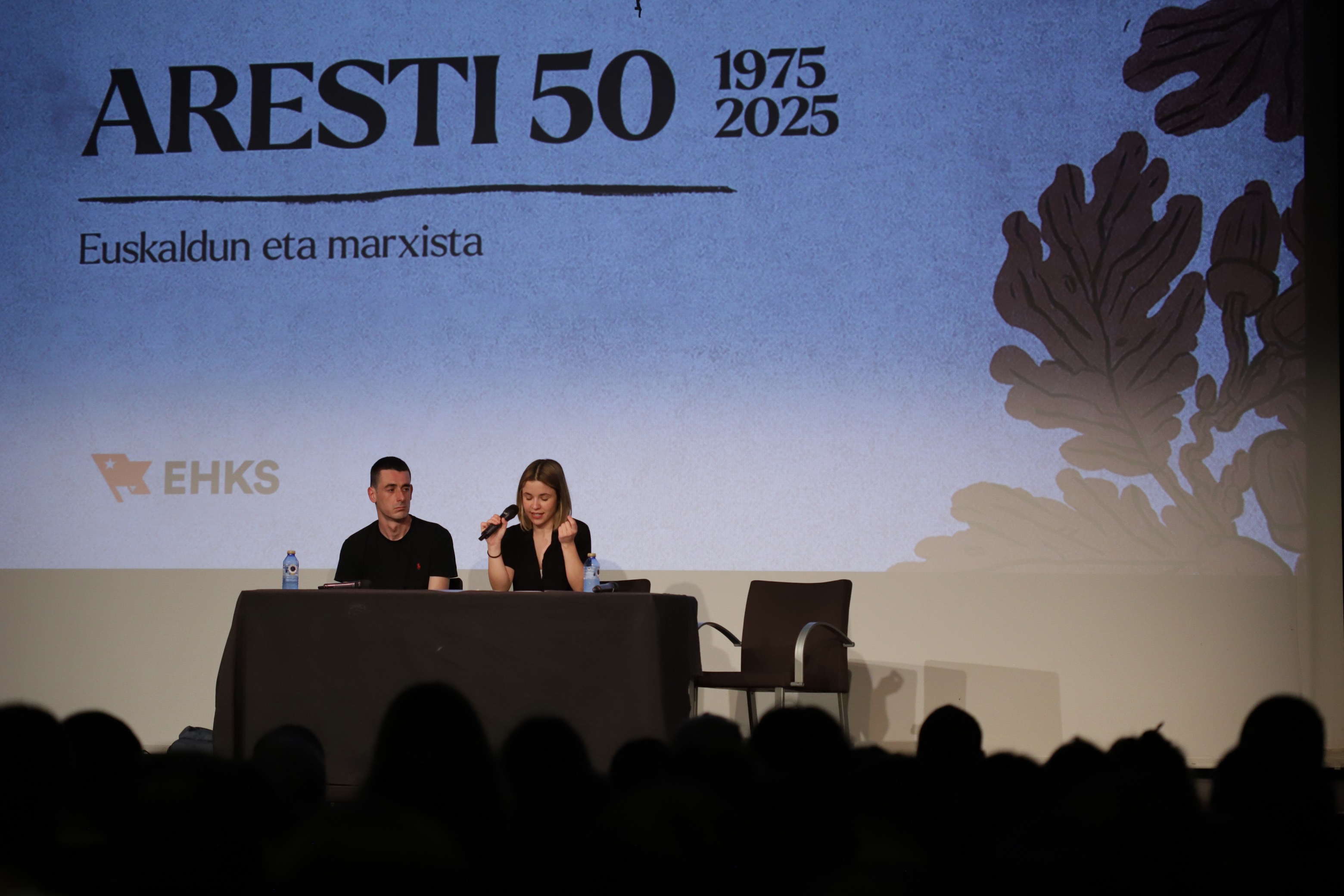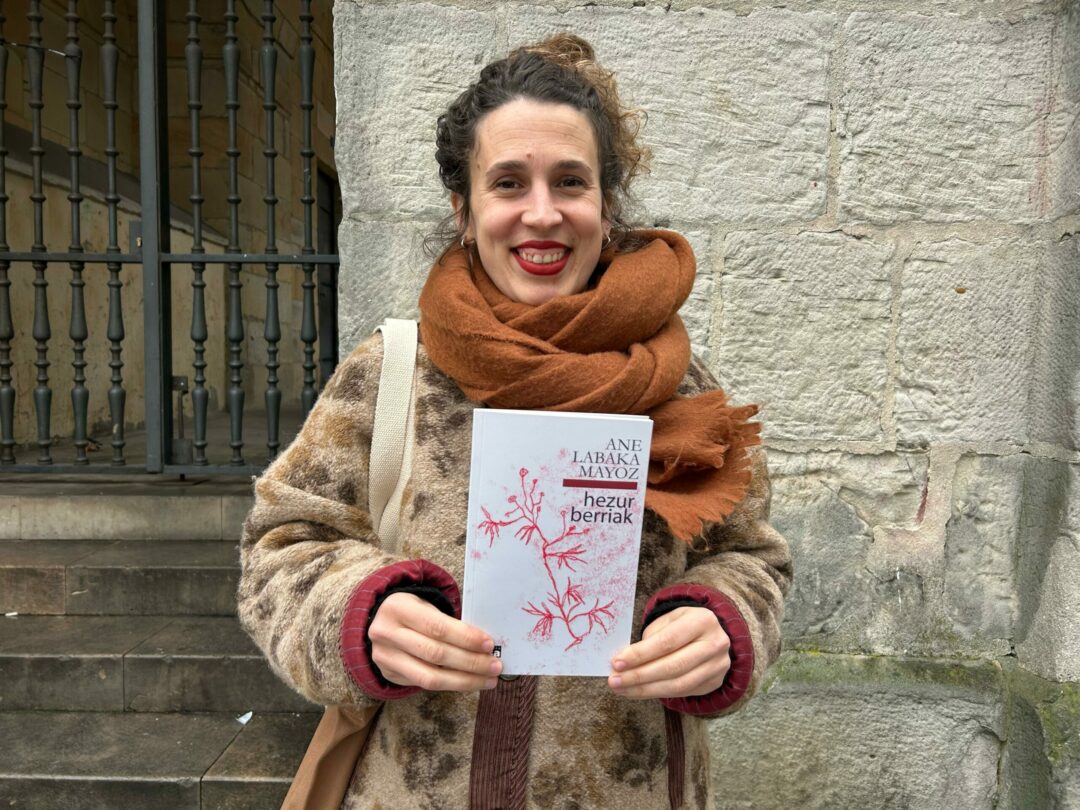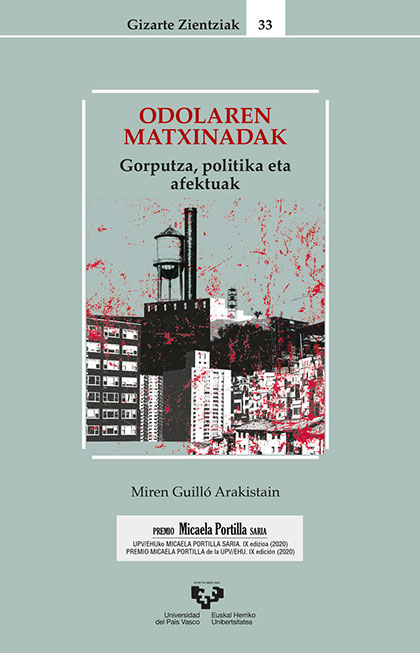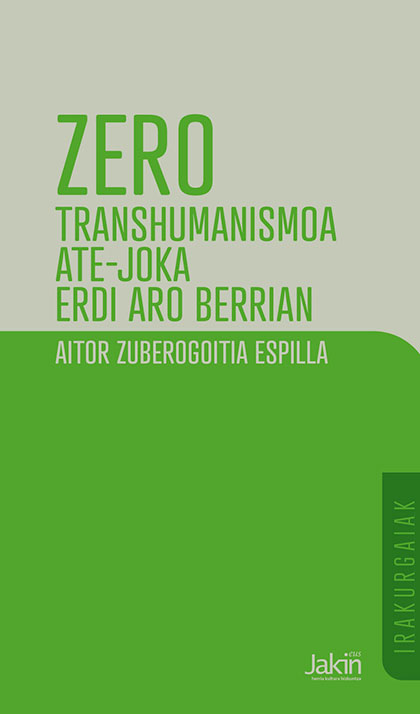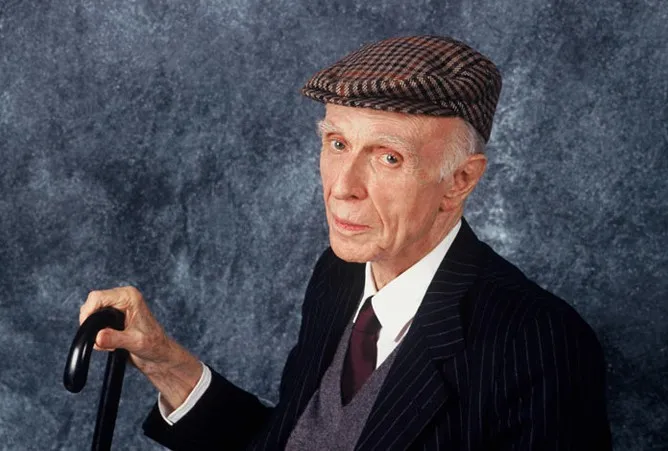Epitaph
My sister and I have gone to the graveyard, without the father, and since we have not had to pray and we have not brought flowers, we don't know at what rate to follow. I told my sister that when I died I didn't want a physical place, and if I couldn't avoid it, at least without a pot. The sister believes it is important to have a physical reference to remember where to turn. I replied that I just wanted to leave verbal waste. She didn't understand me and asked me what I had decided to record on the tombstone.
Ana I in her Twitter account. Morales regretted that in the book Questioning Writers there were big differences in the biography of writers. Everyone would write his or her own. I didn't think anything harder to do. On Twitter I also admire those who dare to write something about themselves in the lapidary of the biography. I have the impression that the solution to this point brings the same problem as creation. How to escape the topic. This brings me anguish as a Bertsolaris. “Friend of my friends and especially Basque”, “On the way through the world”. I do not apply any criterion of truth to this type of writings, but only an aesthetic criterion. Like literature.
The liar’s paradox is known (“this phrase is false” or “a man says he always lies, then lies?”). The funeral is also paradoxical. Written in the grave, and the grave itself, is a symbol of literature. The first person is a fiction, and it's also the time of the verb. English reveals this impossibility, as far as I know, in this possible epitaph that has never been used: Here lies one who always told the truth. That is, “here is the truth that one always said,” or, like the English translation, “here lies one who always told the truth.” Here's a paradox.
With these words, here's me. Mallarmé says in a letter: “The dead have in their favor a pit that we can see with our own eyes, where we can pray.” There was nothing but a moat, a terrible silence and a terrible night. “A sépulcre solide où git tout ce qui nuit, / et l’avare silence et la massive nuit”. Mallarmé, however, said the poet used to hide to write his grave. We only express his error in remembering the dead. The mystifying void that exists between the being and the name, and the one that existed, lies beneath the earth or words.
In 1991, in a town in Côte d’Azur, Mrs. Marchal was found dead with her epitaph written in blood: Omar m’a tuer. The gardener Omar was charged and convicted. The case has recently been reopened and the tests will be reviewed. The gardener’s lawyers have always argued that this grammatical error (Omar m’a tuée should be) is unthinkable in Mrs Marchal. I don't think they've argued that anyone can write their epitaph.
Hamlet’s father’s ghost asks Hamlet “remember me!” According to an old theory, Shakespeare wanted to bury his son Hamnet in this play (Hamnet Shakespeare, 1585-1596). When actor William talked about the stage, “Hamlet, I am the spirit of your father,” he would join his lost son (empirically, poetically; without truth, real), they would exchange roles, the dead father and the living son. Shakespeare and his son ask each other to remember each other in an eternal bond and they both live in that “remember me” forever.
I explained something similar to my sister.
Under the asphalt, the flower
Text: Monica Rodriguez
Illustrations: Rocío Araya translation
of: Itziar Ulcerati
A fin de cuentos, 2025
Ereserkiek, kanta-modalitate zehatz, eder eta arriskutsu horiek, komunitate bati zuzentzea izan ohi dute helburu. “Ene aberri eta sasoiko lagunok”, hasten da Sarrionandiaren poema ezaguna. Ereserki bat da, jakina: horra nori zuzentzen zaion tonu solemnean, handitxo... [+]
Perhaps we could say that this text is the result of an appraisal meeting. However, valuation meetings often leave a dry and bittersweet taste in the mouth. It's a sunny Tuesday afternoon. 16:53. We've connected to the valuation meeting, and we've decided to put a lemon candy in... [+]
Odolaren matxinadak. Gorputza, politika eta afektuak
Miren Guilló
EHU, 2024
Miren Guilló antropologoaren saiakera berria argitaratu du EHUk. Odolaren matxinada da izenburu... [+]
Astelehen honetan hasita, astebetez, Jon Miranderen obra izango dute aztergai: besteren artean, Mirande nor zen argitzeaz eta errepasatzeaz gain, bere figurarekin zer egin hausnartuko dute, polemikoak baitira bere hainbat adierazpen eta testu.
Zero. Transhumanismoa ate-joka erdi aro berrian
Aitor Zuberogoitia
Jakin, 2024
-----------------------------------------------------------
Hasieran saiakera filosofiko-soziologikoa espero nuen, baina ez da hori liburu honetan aurkitu dudan bakarra. Izan ere, biografia... [+]
Adolfo Bioy Casares (1914-1999) idazle argentinarrak 1940an idatzitako La invención de Morel (Morelen asmakizuna) eleberria mugarritzat jotzen da gaztelaniaz idatzitako literatura fantastikoaren esparruan. Nobela motza bezain sakona da, aparta bere bakantasunean, batez... [+]











